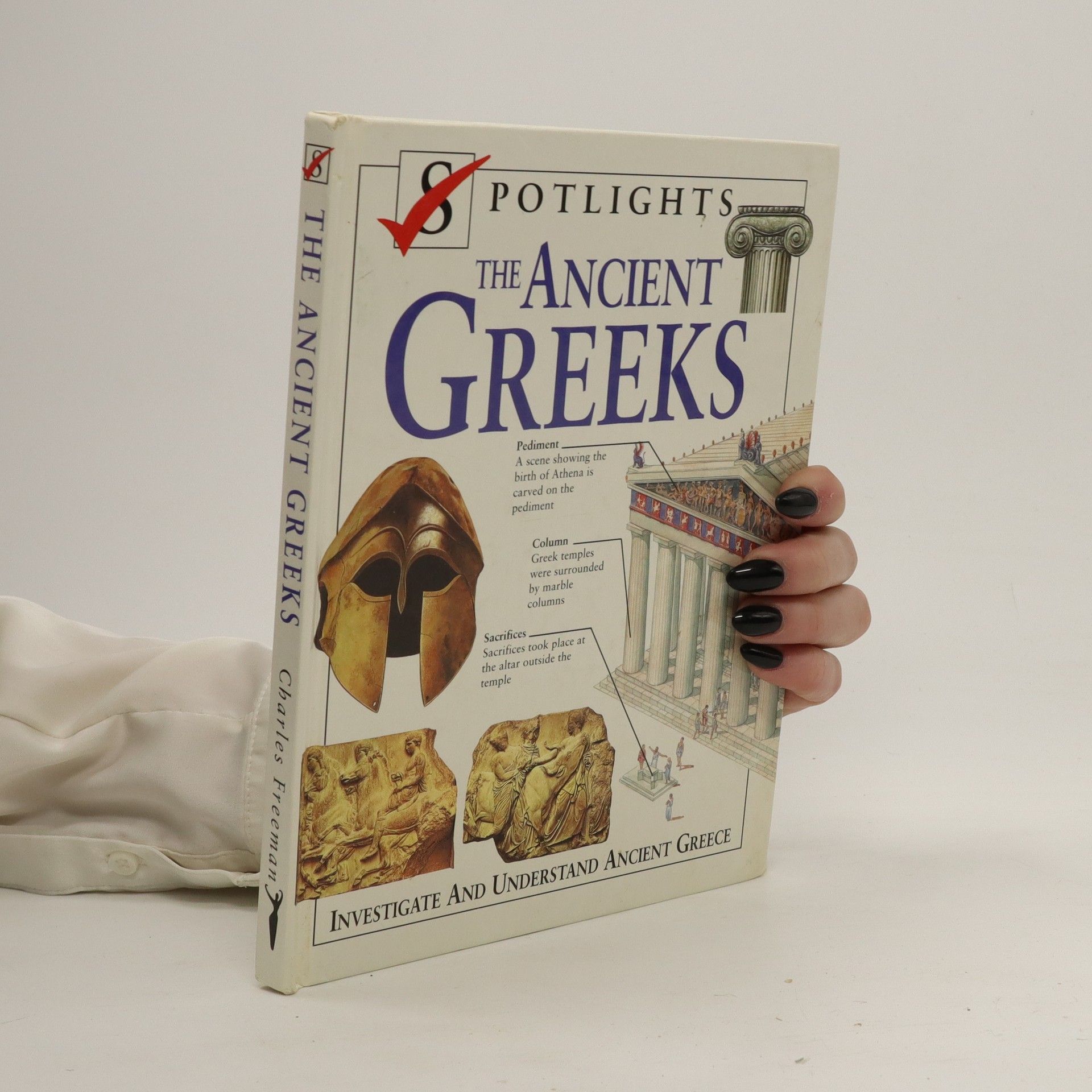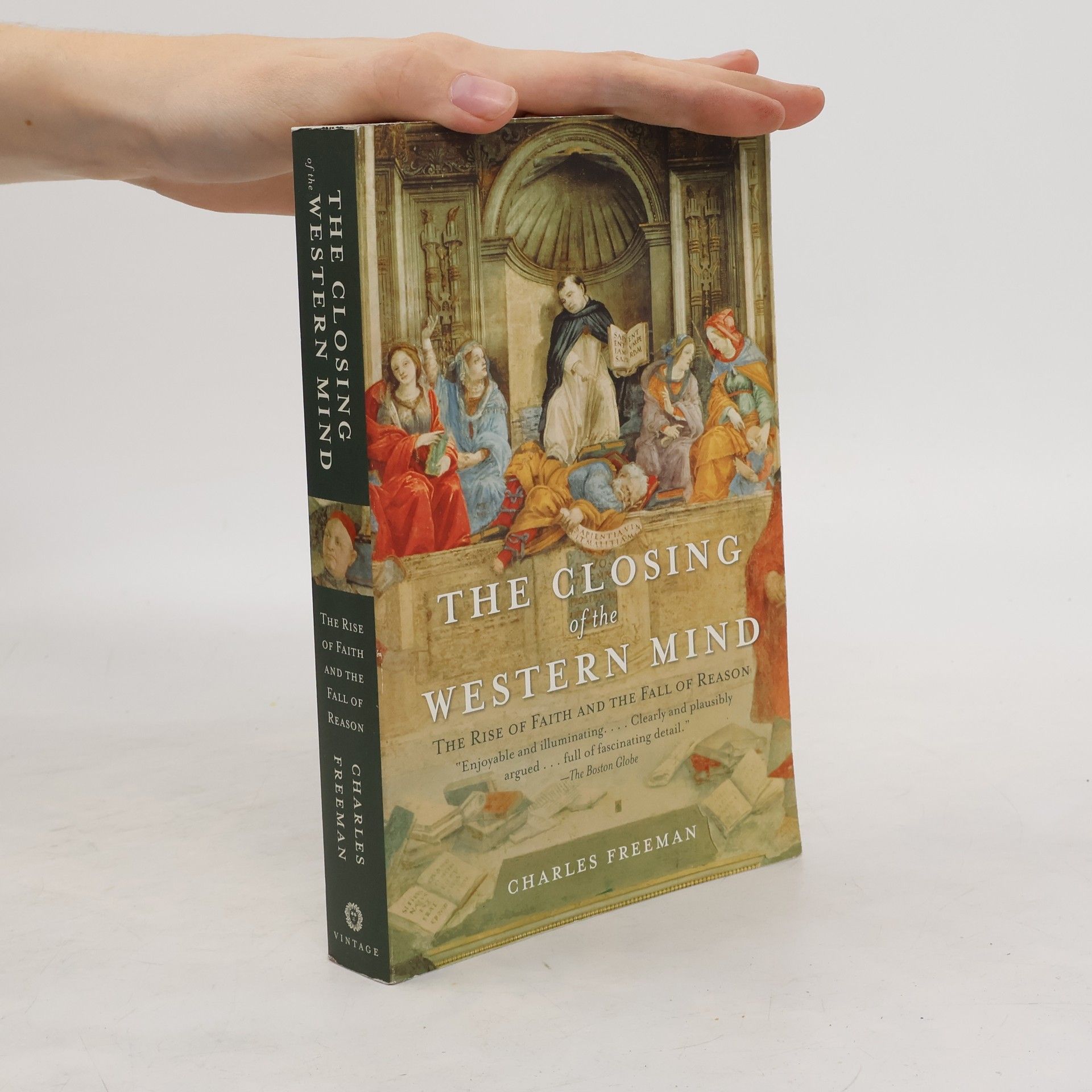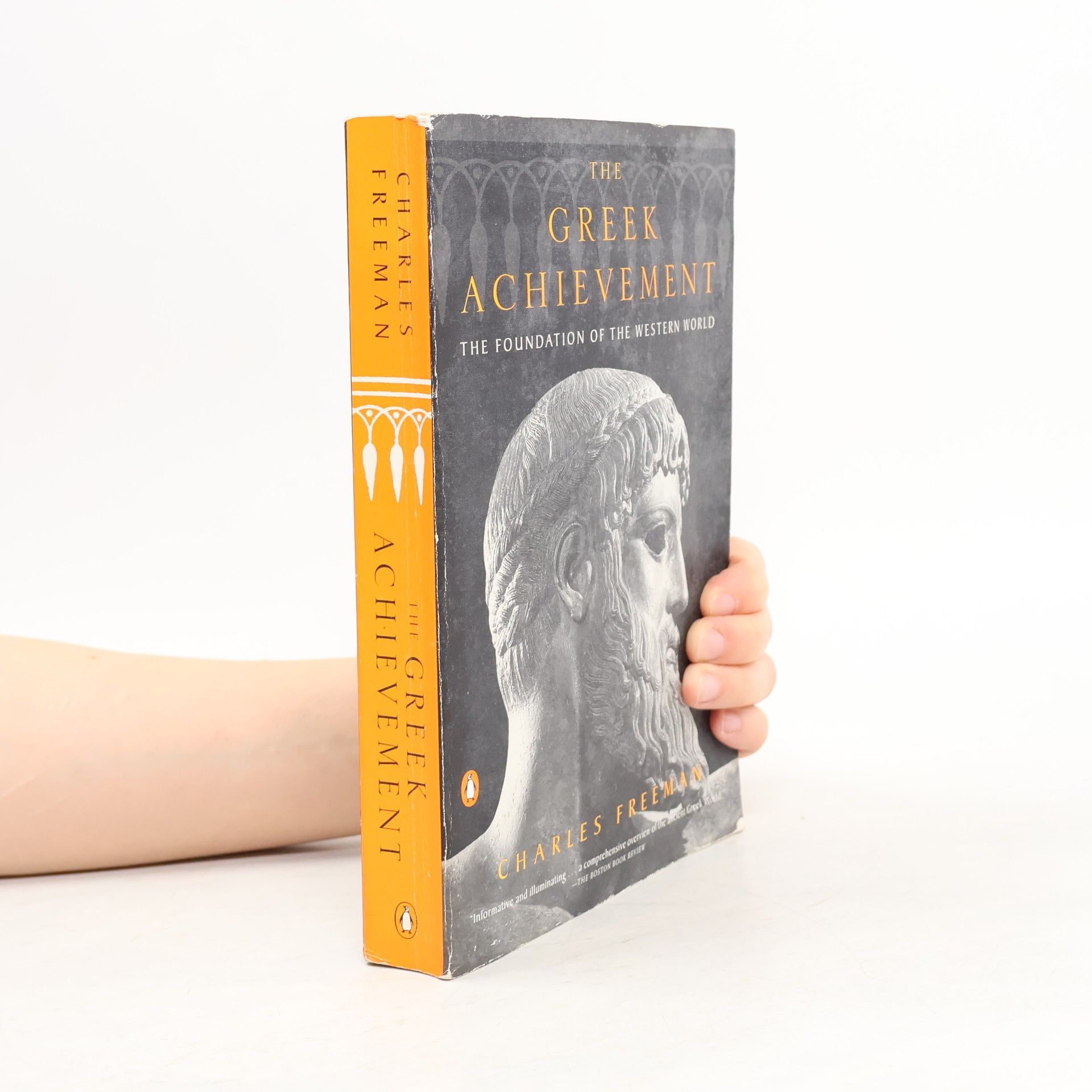A New History of Early Christianity
- 400 Seiten
- 14 Lesestunden
Shows how our debates are rooted in the many controversies surrounding the birth of the religion and the earliest attempts to resolve them. This title explores the ambiguities and contradictions that underlay Christian theology and the unavoidable compromises enforced in the name of doctrine.



